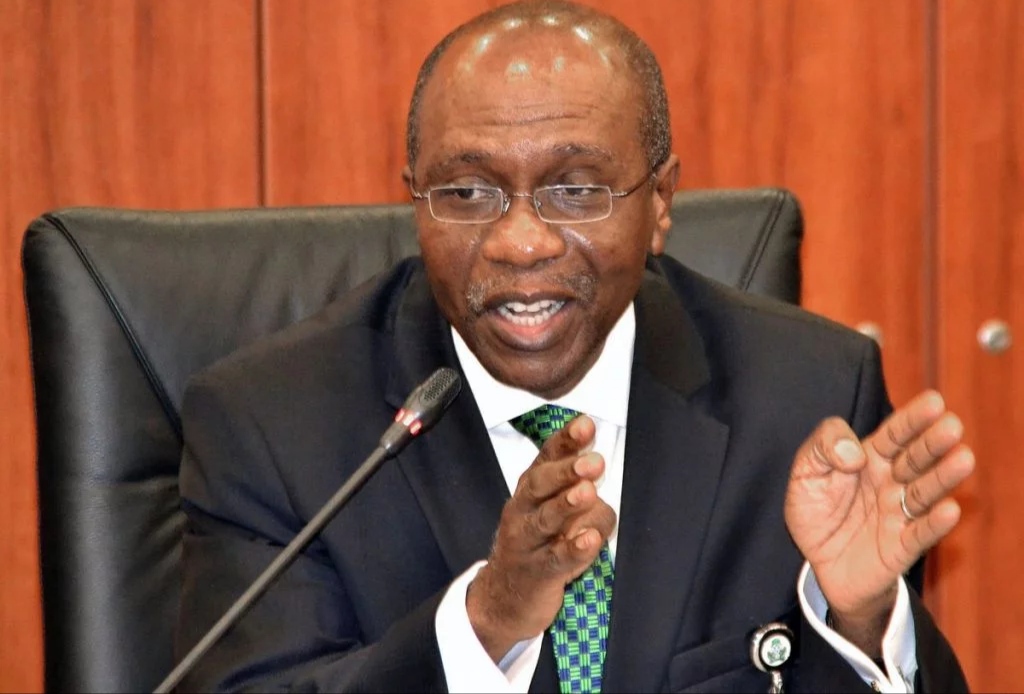The Central Bank of Nigeria CBN has removed the N379/$1 official rate from its website, a development which suggests gradual harmonisation of exchange rates and tactical devaluation of the naira.
The policy shift also confirmed longtime speculation that the Nigerian Autonomous Foreign Exchange Rate (NAFEX) also called the Investors’ and Exporters’ Forex Window is the default official rate.
In would be recalled that the last time CBN adjusted the official exchange rate was in August 2020 when it pegged it at N379/$1.
The exchange rate displayed on the website has historically been referenced as the official exchange rate even as multiple exchange rate regimes have for years dominated the forex market.
However all government transactions since 2021 have been converted, using the prevailing exchange rate at the official NAFEX window.
The last devaluation of the Nigerian currency was in was in November 2020 when the apex bank devalued the naira by N6/$1 across all exchange rate lines in line with the exchange rate unification agenda as recommended by the International Monetary Fund (IMF) and World Bank.
In a weekly exchange rate for disbursement of proceeds of International Money Transfer Service Operators (IMTOs), all authorised dealers, Bureau De Change (BDC) Operators and Service Providers were advised to add N6 across all rates.
The naira exchanges at N411.25/$1 on the Investors and Exporters (I&E) Window after the CBN extended its ‘Naira for Dollar’ policy to attract more foreign capital to the economy.
At the parallel market, the local currency exchanged at N484/$1, weaker than N483/$1 it exchanged on Thursday.
Speaking at the 55th Annual Bankers’ Dinner in Lagos, the CBN boss said the need to adjust for the decrease in supply of foreign exchange led to the depreciation of the naira.
According to him, in Nigeria, like other emerging market countries and countries reliant on oil exports, the decline in crude oil earnings, as well as the retreat by foreign portfolio investors, significantly affected the supply of foreign exchange into Nigeria.
“With the decline in our foreign exchange earnings and successive exchange rate adjustments, the CBN has continued to implement a demand management framework, which is designed to bolster the production of items that can be produced in Nigeria, and aid conservation of our external reserves,” he said.
Emefiele explained that due to the unprecedented nature of the shock, the apex bank has continued to favour a gradual liberalisation of the foreign exchange market in order to smoothen exchange rate volatility and mitigate the impact which rapid changes in the exchange rate could have on key macro-economic variables.
This, he said, was in line with the international best practices in countries where managed float arrangements are in operation.
“At the same time, measures are being taken by the authorities to improve our non-oil exports and other sources of foreign exchange. These measures have helped to prevent a significant decline in our reserves,” he said.





